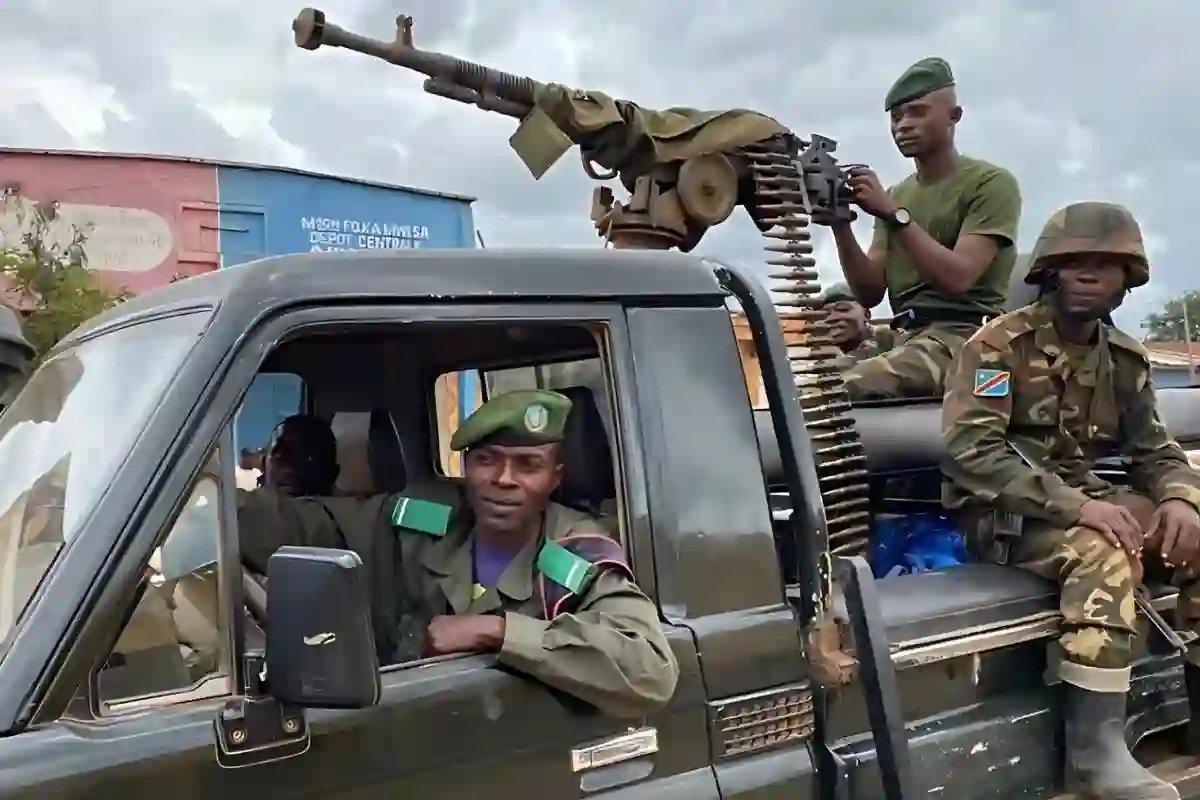What began as a peaceful night of prayer at a Catholic church in Komanda ended in devastating bloodshed.
Just after midnight on July 27, worshippers gathered at Blessed Anuarite parish for a night vigil—but instead of spiritual solace, they were met with terror.
Armed attackers stormed the church, bringing chaos, destruction, and a horrifying death toll.
Gunmen Storm the Church During Midnight Vigil
According to local officials, suspected members of the Allied Democratic Forces (ADF)—a rebel group linked to ISIS—attacked the church with guns and machetes.
The scene quickly descended into panic as people screamed and scattered, trying to escape the violence.
At least 38 people were killed, with some sources saying the number could be as high as 43.
Innocent Lives Lost and Communities Shattered
Among those killed were 31 members of the Eucharistic Crusade, a Catholic youth group devoted to prayer and service.
Father Aimé Lokana Dhego confirmed the heartbreaking loss, highlighting that many of the victims were young people who had come to the church in faith and hope.
The rebels didn’t stop at the church. They went on to burn homes and shops nearby.
Authorities later discovered three charred bodies in the ruins of those fires.
Survivors Flee as Fear Spreads Through Ituri
At least 15 people were injured in the attack, and several others were abducted, according to local reports.
Survivors fled Komanda in droves, heading toward Bunia and surrounding villages to seek safety.
The mass exodus has left communities in mourning and desperate for protection and aid.
Local Leaders and Civilians Demand Action
Civil society leader Dieudonné Duranthabo condemned the killings in the strongest terms.
He called on the Congolese military to take immediate and decisive action to protect civilians from further attacks.
Volunteers are already digging a mass grave on church grounds to ensure victims are buried with dignity.
The ADF’s Brutal Legacy in Eastern DR Congo
Originally formed in Uganda in the 1990s, the ADF moved into eastern DR Congo in 2002.
Since then, they’ve waged a campaign of terror, targeting schools, churches, and entire communities.
In 2019, under the leadership of Musa Baluku, the group pledged allegiance to ISIS, rebranding as the Islamic State Central Africa Province (ISCAP).
Despite joint military operations by Uganda and DR Congo since 2021, the ADF remains active and dangerous, particularly in volatile provinces like Ituri.
The Government and International Community Respond
The Congolese army has described the attack as a “large-scale massacre.”
Army spokesperson Jules Ngongo confirmed that ADF activity remains a serious threat around Komanda.
The UN peacekeeping mission (MONUSCO) also condemned the attack, calling it a revolting violation of international humanitarian law.
UN officials have warned that violence across Ituri is escalating, putting civilians in increasing danger despite the military presence.
Calls for International Intervention Grow Louder
Local NGOs are urging the global community to step in with both humanitarian aid and security support.
They say the current efforts by Congolese forces are not enough to prevent future atrocities.
Meanwhile, fears grow that places of worship may remain vulnerable to repeat attacks.
What Comes Next for Komanda?
As families bury their loved ones and survivors try to rebuild their lives, the pressing question is: how will the military and government respond? How can they prevent such horror from happening again?
